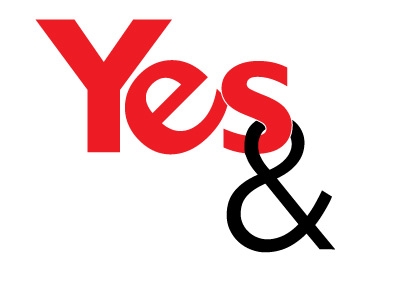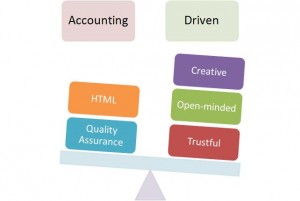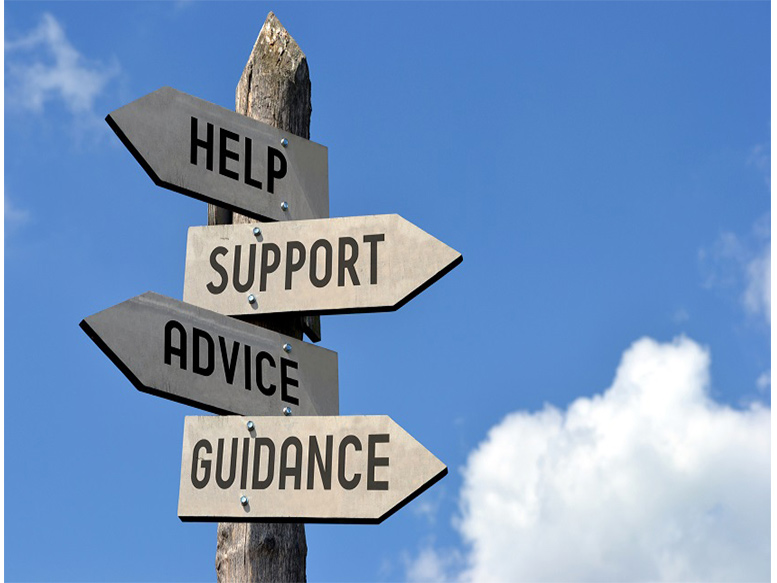As I work with leaders in different organizations, I’m hearing a common frustration: “there’s no sense of accountability.” When things don’t get done – phone calls returned, reports submitted on time, projects completed on time and within budget – instead of people owning the problem, they make excuses or shift the blame.
“I don’t know how it happened.”
“I think Sally is the bottleneck.”
“It’s not my job.”
“I didn’t have time to do it.”
“It’s not my fault.”
“No one else got theirs in on time.”
Sound familiar? I agree with Ben Franklin, who said, “He that is good for making excuses is seldom good for anything else.”
It’s time to ditch the excuses and create a culture of accountability. And it takes leaders, teams and individuals working together to create and maintain that culture.
Leaders:
Set the example by owning up to your mistakes, oversights, missteps. If you never accept personal responsibility for something, how can you expect your team to?
Find (and share) the lesson in the failure. What could you have done better, what will you change? Acknowledge the impact that your actions (or lack of action) had.
Create a trusting environment with open communication where all team members are encouraged to share successes and failures for the purpose of learning and continuous improvement.
Be clear about expectations. Employees are responsible for tasks and activities and accountable for outcomes. Be sure those are clearly defined and understood.
Hold people accountable. Be clear about both expectations and consequences.
Teams/Individual employees:
Understand what accountability means. Merriam-Webster defines it as “the quality or state of being accountable, especially: an obligation or willingness to accept responsibility or to account for one’s actions.” A lot of people use responsibility and accountability interchangeably. A responsibility is something you are required or expected to do, such as an activity or task. Accountability is you owning up to the consequences if you don’t do it or the outcomes are less than expected. Accountability is after the fact.
Avoid the blame game. Children often deflect blame because they are afraid of getting in trouble. Some adults do it for the same reason. Others because they are embarrassed and want to save face. Still others (one particular example in the news a lot lately) because their POV is that nothing that goes wrong is ever, ever their fault. It’s always someone else’s. Pulease! Be a grown up. Accept the blame. Apply what you learned. And do better next time.
Ditch the excuses. Instead simply say: “Yes, it was my fault. I dropped the ball. Here’s what I learned. Here’s how I’ll make sure it doesn’t happen again.”
As a team, hold each other accountable. Get clear about interdependencies and the impact of mistakes and missed deadlines. Work on creating an environment of open, honest communication that will support this.
“If you don’t have time to do it right, when will you have the time to do it over?” – John Wooden
Till next time,
Karen









